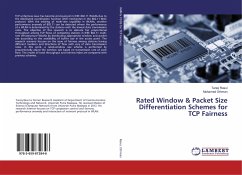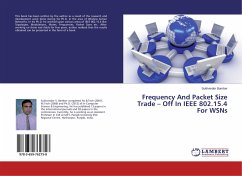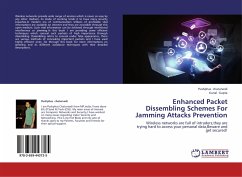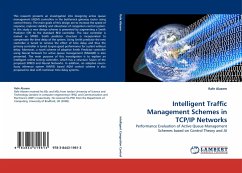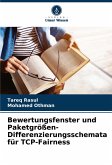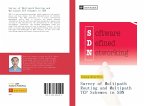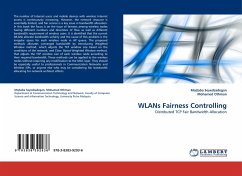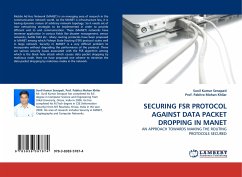TCP unfairness issue has become pronounced in IEEE 802.11 WLANs due to the distributed coordination function (DCF) mechanism in the 802.11 MAC protocol. With the existing of multi-rate capability in WLANs, another performance anomaly of 802.11 can be detected where the performance of a WLAN is determined by the stations with the lowest data transmission rates. The objective of this research is to allocate fair proportional throughput among TCP flows of competing stations in IEEE 802.11 multi-rate infrastructure WLANs by distributing appropriate window and packet size according to the availability of buffer size in the access point. The research scenario focuses on the issue of fairness among stations having different numbers and directions of flow with vary of data transmission rates. In this work, a rated-window size scheme is performed by proportionally adjust the window size based on transmission rate of each flow. The results of total throughput and fairness index are compared with previous schemes.
Bitte wählen Sie Ihr Anliegen aus.
Rechnungen
Retourenschein anfordern
Bestellstatus
Storno

